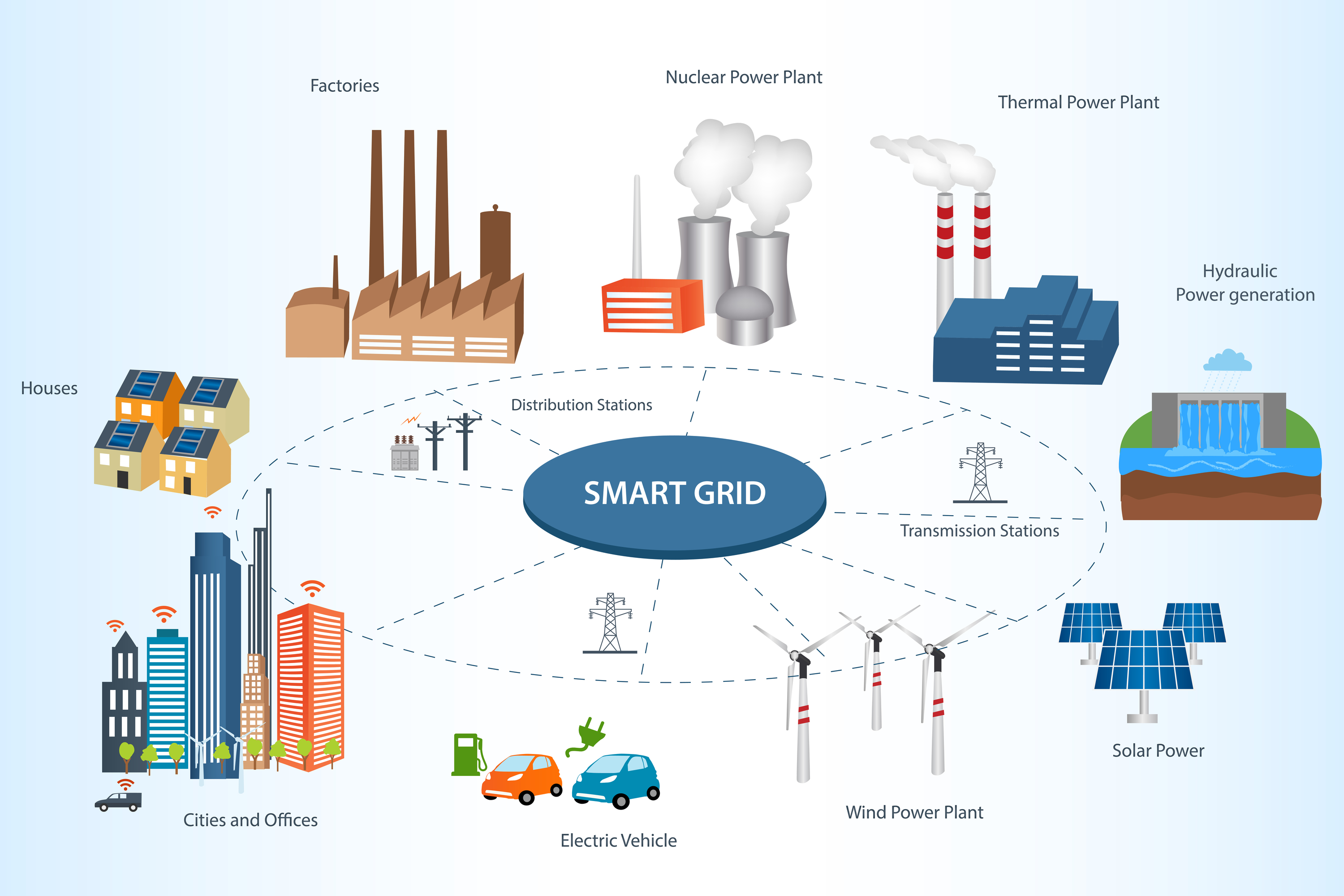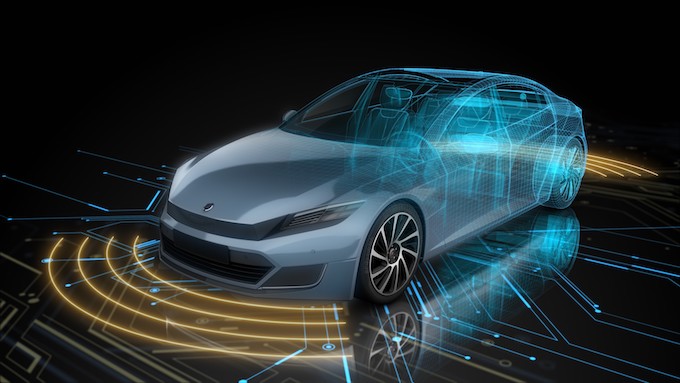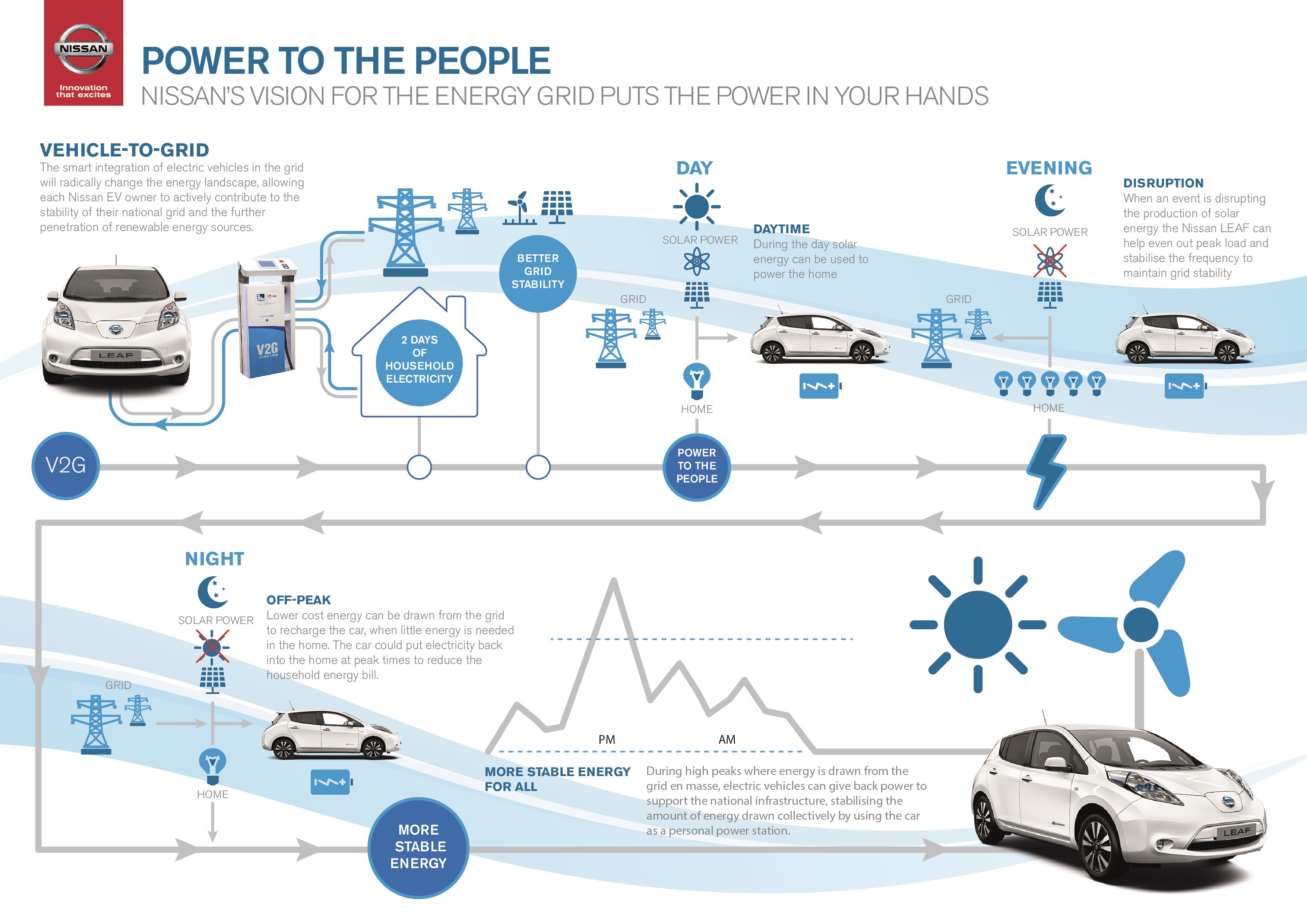Revolutionizing the EV Industry with Technology-Driven Solutions
The electric vehicle (EV) industry is on the cusp of a revolution, driven by the convergence of technological innovations and changing consumer behaviors. Tech-enabled business models for electric vehicles are poised to play a crucial role in accelerating EV adoption, overcoming traditional barriers to entry, and creating new revenue streams for industry stakeholders. By leveraging advanced technologies such as data analytics, artificial intelligence, and the Internet of Things (IoT), companies can develop innovative solutions that enhance the EV ownership experience, improve operational efficiency, and reduce costs.
One of the primary challenges hindering widespread EV adoption is range anxiety, which refers to the fear of running out of charge before reaching a charging station. Tech-enabled business models can help alleviate this concern by providing EV owners with real-time information on charging station locations, availability, and pricing. For instance, companies like ChargeHub and PlugShare offer mobile apps that enable users to search for charging stations, filter results based on specific criteria, and even reserve charging sessions in advance.
Another significant barrier to EV adoption is the limited availability of charging infrastructure, particularly in rural areas. Tech-enabled business models can help address this issue by promoting the development of decentralized charging networks, where individuals can share their personal charging stations with others. Blockchain technology, for example, can facilitate the creation of peer-to-peer charging networks, enabling EV owners to charge their vehicles at nearby homes or businesses.
Furthermore, tech-enabled business models can help EV manufacturers and operators optimize their operations, reduce costs, and improve customer satisfaction. Data analytics, for instance, can be used to monitor vehicle performance, predict maintenance needs, and optimize charging schedules. By leveraging these insights, companies can develop more efficient and effective EV management strategies, leading to increased customer loyalty and retention.
In conclusion, tech-enabled business models for electric vehicles have the potential to transform the EV industry, driving growth, innovation, and sustainability. By embracing these innovative solutions, companies can overcome traditional barriers to EV adoption, create new revenue streams, and establish themselves as leaders in the rapidly evolving EV market.
How to Leverage Data Analytics for EV Fleet Optimization
Data analytics plays a crucial role in optimizing electric vehicle (EV) fleets, enabling companies to reduce costs, improve efficiency, and enhance the overall driving experience. By leveraging data analytics, EV fleet operators can gain valuable insights into vehicle performance, charging patterns, and driver behavior, allowing them to make data-driven decisions that drive business success.
One of the key applications of data analytics in EV fleet optimization is route planning. By analyzing data on traffic patterns, road conditions, and charging station locations, EV fleet operators can optimize routes to minimize charging time, reduce energy consumption, and lower emissions. For example, companies like UPS and FedEx are using data analytics to optimize their EV fleets, resulting in significant reductions in fuel consumption and greenhouse gas emissions.
Another critical aspect of EV fleet optimization is charging management. Data analytics can help EV fleet operators to identify the most efficient charging strategies, taking into account factors such as vehicle type, battery health, and charging station capacity. This enables them to minimize charging time, reduce energy costs, and ensure that vehicles are always ready to go when needed.
Vehicle performance monitoring is also a key application of data analytics in EV fleet optimization. By analyzing data on vehicle performance, EV fleet operators can identify potential issues before they become major problems, reducing downtime and maintenance costs. For example, companies like Geotab and Fleet Complete are using data analytics to provide EV fleet operators with real-time insights into vehicle performance, enabling them to take proactive maintenance actions and reduce costs.
Companies like Tesla and Volkswagen are also leveraging data analytics to optimize their EV fleets, using data from their vehicles to improve charging efficiency, reduce energy consumption, and enhance the overall driving experience. By analyzing data from their vehicles, these companies can identify areas for improvement, optimize their charging strategies, and provide their customers with a better driving experience.
In addition to these applications, data analytics can also be used to optimize EV fleet operations, such as scheduling, routing, and logistics. By analyzing data on vehicle usage, charging patterns, and driver behavior, EV fleet operators can identify opportunities to improve efficiency, reduce costs, and enhance the overall driving experience.
The Rise of Mobility-as-a-Service: A New Era for Electric Vehicles
Mobility-as-a-Service (MaaS) is a rapidly growing concept that is transforming the way people move around cities. By providing users with convenient, affordable, and sustainable transportation options, MaaS platforms are poised to play a significant role in increasing electric vehicle (EV) adoption. Tech-enabled business models for electric vehicles are at the forefront of this revolution, enabling companies to develop innovative solutions that meet the changing needs of urban mobility.
MaaS platforms use data analytics and artificial intelligence to optimize routes, reduce congestion, and provide users with real-time information on traffic and transportation options. This enables users to make informed decisions about their transportation choices, reducing reliance on personal vehicles and increasing the use of shared mobility services. Companies like Uber and Lyft are already leveraging MaaS platforms to provide users with electric vehicle options, reducing emissions and improving air quality in urban areas.
One of the key benefits of MaaS platforms is their ability to provide users with a seamless and integrated transportation experience. By combining public, private, and shared transportation options into a single platform, MaaS enables users to plan and book their journeys in a convenient and efficient way. This is particularly important for EV adoption, as it enables users to easily access and use electric vehicles, reducing range anxiety and increasing the appeal of EVs as a viable transportation option.
MaaS platforms also provide new revenue streams for EV manufacturers and operators. By offering users a range of transportation options, including electric vehicles, MaaS platforms can generate significant revenue through subscription-based services and advertising. This enables EV manufacturers and operators to invest in new technologies and services, driving innovation and growth in the EV industry.
Companies like Volkswagen and Daimler are already investing heavily in MaaS platforms, recognizing the potential for these platforms to drive EV adoption and transform the transportation sector. By leveraging tech-enabled business models for electric vehicles, these companies are developing innovative solutions that meet the changing needs of urban mobility, reducing emissions and improving air quality in the process.
In addition to these benefits, MaaS platforms also provide a range of social and economic benefits. By increasing access to transportation options, MaaS platforms can reduce social isolation and improve economic opportunities for marginalized communities. This is particularly important in urban areas, where transportation options are often limited and access to employment and education opportunities is restricted.
Electric Vehicle Charging Infrastructure: A Key Component of Tech-Enabled Business Models
Electric vehicle (EV) charging infrastructure is a critical component of tech-enabled business models for electric vehicles. The availability and accessibility of charging infrastructure play a significant role in determining the adoption rate of EVs. Companies like Tesla and ChargePoint are innovating in this space, developing new charging technologies and business models that are transforming the EV industry.
Fast-charging technology is one of the most significant advancements in EV charging infrastructure. Fast-charging stations can charge an EV to 80% in under 30 minutes, making long-distance travel more practical and convenient. Companies like Tesla and Volkswagen are investing heavily in fast-charging infrastructure, with Tesla’s Supercharger network being one of the most extensive in the world.
Wireless charging is another innovative technology that is gaining traction in the EV industry. Wireless charging uses electromagnetic fields to transfer energy between a transmitter and a receiver, eliminating the need for cables and charging stations. Companies like WiTricity and Qualcomm are developing wireless charging solutions that can charge EVs at speeds of up to 10 kW.
Smart charging is another key component of tech-enabled business models for electric vehicles. Smart charging systems use advanced algorithms and data analytics to optimize charging sessions, reducing strain on the grid and minimizing energy costs. Companies like ChargePoint and EV-Box are developing smart charging solutions that can integrate with renewable energy sources and energy storage systems.
The development of charging infrastructure is also being driven by government policies and regulations. Governments around the world are implementing policies to encourage the adoption of EVs, including tax incentives, subsidies, and investments in charging infrastructure. For example, the Chinese government has set a target of having 5 million EVs on the road by 2025, and is investing heavily in charging infrastructure to support this goal.
In addition to these developments, companies are also exploring new business models for EV charging infrastructure. For example, some companies are offering subscription-based charging services, where customers can pay a monthly fee for access to charging infrastructure. Others are developing peer-to-peer charging networks, where EV owners can charge their vehicles at other people’s homes or businesses.
Overall, the development of EV charging infrastructure is a critical component of tech-enabled business models for electric vehicles. Companies that innovate in this space will be well-positioned to capitalize on the growing demand for EVs and play a leading role in shaping the future of the transportation sector.
Vehicle-to-Grid Technology: Unlocking New Revenue Streams for EV Owners
Vehicle-to-Grid (V2G) technology is a revolutionary concept that enables electric vehicles (EVs) to supply energy back to the grid. This technology has the potential to unlock new revenue streams for EV owners, while also providing grid stability and renewable energy integration benefits. Tech-enabled business models for electric vehicles are at the forefront of this innovation, enabling companies to develop new solutions that capitalize on the benefits of V2G technology.
V2G technology works by allowing EVs to act as energy storage devices, supplying energy back to the grid when it is needed most. This can help to stabilize the grid, reduce peak demand, and provide a new source of revenue for EV owners. Companies like NRG Energy and Honda are already exploring the potential of V2G technology, with pilot programs underway to test the feasibility of this concept.
One of the key benefits of V2G technology is its ability to provide grid stability. By supplying energy back to the grid, EVs can help to balance supply and demand, reducing the strain on the grid during peak periods. This can also help to reduce the need for peaking power plants, which are often fueled by fossil fuels and contribute to greenhouse gas emissions.
V2G technology also has the potential to provide new revenue streams for EV owners. By supplying energy back to the grid, EV owners can earn money through various mechanisms, such as net metering or energy trading. This can help to offset the cost of EV ownership, making EVs more affordable and attractive to consumers.
Companies like Tesla and Nissan are already exploring the potential of V2G technology, with plans to integrate this technology into their EV offerings. This can help to provide a new source of revenue for EV owners, while also promoting the adoption of EVs and reducing greenhouse gas emissions.
In addition to these benefits, V2G technology also has the potential to promote the integration of renewable energy sources into the grid. By supplying energy back to the grid, EVs can help to balance the output of renewable energy sources, such as solar and wind power. This can help to reduce the intermittency of renewable energy sources, making them more reliable and efficient.
Overall, V2G technology has the potential to unlock new revenue streams for EV owners, while also providing grid stability and renewable energy integration benefits. Tech-enabled business models for electric vehicles are at the forefront of this innovation, enabling companies to develop new solutions that capitalize on the benefits of V2G technology.
Autonomous Electric Vehicles: The Future of Mobility
Autonomous electric vehicles (AEVs) are poised to revolutionize the transportation sector, offering a safer, more efficient, and more sustainable mode of transportation. Tech-enabled business models for electric vehicles are at the forefront of this innovation, enabling companies to develop new solutions that capitalize on the benefits of AEVs.
AEVs use a combination of sensors, software, and hardware to navigate roads and traffic patterns without human intervention. This technology has the potential to significantly reduce accidents, improve traffic flow, and increase mobility for the elderly and disabled. Companies like Waymo and Cruise are already testing AEVs on public roads, with plans to launch commercial services in the near future.
One of the key benefits of AEVs is their ability to improve safety. According to the National Highway Traffic Safety Administration (NHTSA), human error is responsible for 94% of all crashes. AEVs can detect and respond to hazards more quickly and accurately than human drivers, reducing the risk of accidents and improving overall safety.
AEVs also have the potential to increase mobility for the elderly and disabled. For those who are unable to drive themselves, AEVs can provide a safe and convenient mode of transportation, improving their quality of life and increasing their independence. Companies like Uber and Lyft are already exploring the potential of AEVs to provide transportation services for these populations.
In addition to these benefits, AEVs also have the potential to reduce emissions and improve air quality. Electric vehicles are already a more environmentally friendly option than traditional gasoline-powered vehicles, and AEVs can further reduce emissions by optimizing routes and reducing energy consumption. Companies like Tesla and Volkswagen are already investing in AEV technology, with plans to launch commercial services in the near future.
However, there are also challenges associated with the development and deployment of AEVs. For example, there are concerns about cybersecurity and the potential for hacking, as well as questions about liability and regulation. Companies like Waymo and Cruise are working to address these concerns, investing in cybersecurity measures and advocating for regulatory frameworks that support the development of AEVs.
Overall, AEVs have the potential to transform the transportation sector, offering a safer, more efficient, and more sustainable mode of transportation. Tech-enabled business models for electric vehicles are at the forefront of this innovation, enabling companies to develop new solutions that capitalize on the benefits of AEVs.
Blockchain and Electric Vehicles: A Secure and Transparent Solution
Blockchain technology has the potential to revolutionize the electric vehicle (EV) industry by providing a secure, transparent, and efficient way to manage EV-related transactions. Tech-enabled business models for electric vehicles can leverage blockchain technology to create decentralized EV charging networks, enabling secure and efficient energy trading between EV owners, charging station operators, and grid operators.
One of the key benefits of blockchain technology in the EV industry is its ability to provide a secure and transparent way to manage EV charging transactions. Blockchain technology uses advanced cryptography and a decentralized network to record and verify transactions, ensuring that all transactions are secure, transparent, and tamper-proof. This can help to build trust among EV owners, charging station operators, and grid operators, and can also help to reduce the risk of fraud and cyber attacks.
Another benefit of blockchain technology in the EV industry is its ability to facilitate the creation of decentralized EV charging networks. Decentralized EV charging networks can enable EV owners to charge their vehicles at any charging station, regardless of the charging station operator or the grid operator. This can help to increase the convenience and flexibility of EV ownership, and can also help to reduce the costs associated with EV charging.
Companies like Power Ledger and WePower are already leveraging blockchain technology to create decentralized EV charging networks. These companies are using blockchain technology to enable secure and efficient energy trading between EV owners, charging station operators, and grid operators, and are also using blockchain technology to provide a transparent and tamper-proof record of all EV charging transactions.
In addition to these benefits, blockchain technology can also help to optimize EV charging infrastructure. Blockchain technology can be used to create smart charging systems that can optimize EV charging based on factors such as energy demand, energy supply, and grid stability. This can help to reduce the strain on the grid during peak hours, and can also help to reduce the costs associated with EV charging.
Overall, blockchain technology has the potential to revolutionize the EV industry by providing a secure, transparent, and efficient way to manage EV-related transactions. Tech-enabled business models for electric vehicles can leverage blockchain technology to create decentralized EV charging networks, enabling secure and efficient energy trading between EV owners, charging station operators, and grid operators.
Conclusion: The Future of Tech-Enabled Business Models for Electric Vehicles
The electric vehicle (EV) industry is on the cusp of a revolution, driven by the convergence of technological innovations and changing consumer behaviors. Tech-enabled business models for electric vehicles are at the forefront of this revolution, enabling companies to develop innovative solutions that overcome traditional barriers to EV adoption, such as range anxiety and charging infrastructure limitations.
Throughout this article, we have explored the various ways in which tech-enabled business models are transforming the EV industry. From data analytics and mobility-as-a-service to vehicle-to-grid technology and blockchain, these innovations are providing new opportunities for companies to generate revenue, reduce costs, and improve the overall EV ownership experience.
As the EV industry continues to evolve, it is clear that tech-enabled business models will play a critical role in driving widespread adoption and a more sustainable transportation sector. By leveraging these innovations, companies can create new revenue streams, improve operational efficiency, and enhance the overall driving experience for EV owners.
However, the future of tech-enabled business models for electric vehicles is not without its challenges. Companies will need to navigate complex regulatory environments, manage the integration of new technologies, and address concerns around cybersecurity and data privacy.
Despite these challenges, the potential for tech-enabled business models to transform the EV industry is vast. By continuing to innovate and collaborate, companies can drive widespread EV adoption, reduce greenhouse gas emissions, and create a more sustainable transportation sector for generations to come.
In conclusion, the future of tech-enabled business models for electric vehicles is bright. As companies continue to innovate and push the boundaries of what is possible, we can expect to see significant advancements in the EV industry. Whether it is through data analytics, mobility-as-a-service, or blockchain, tech-enabled business models are poised to play a critical role in driving the adoption of electric vehicles and creating a more sustainable transportation sector.







